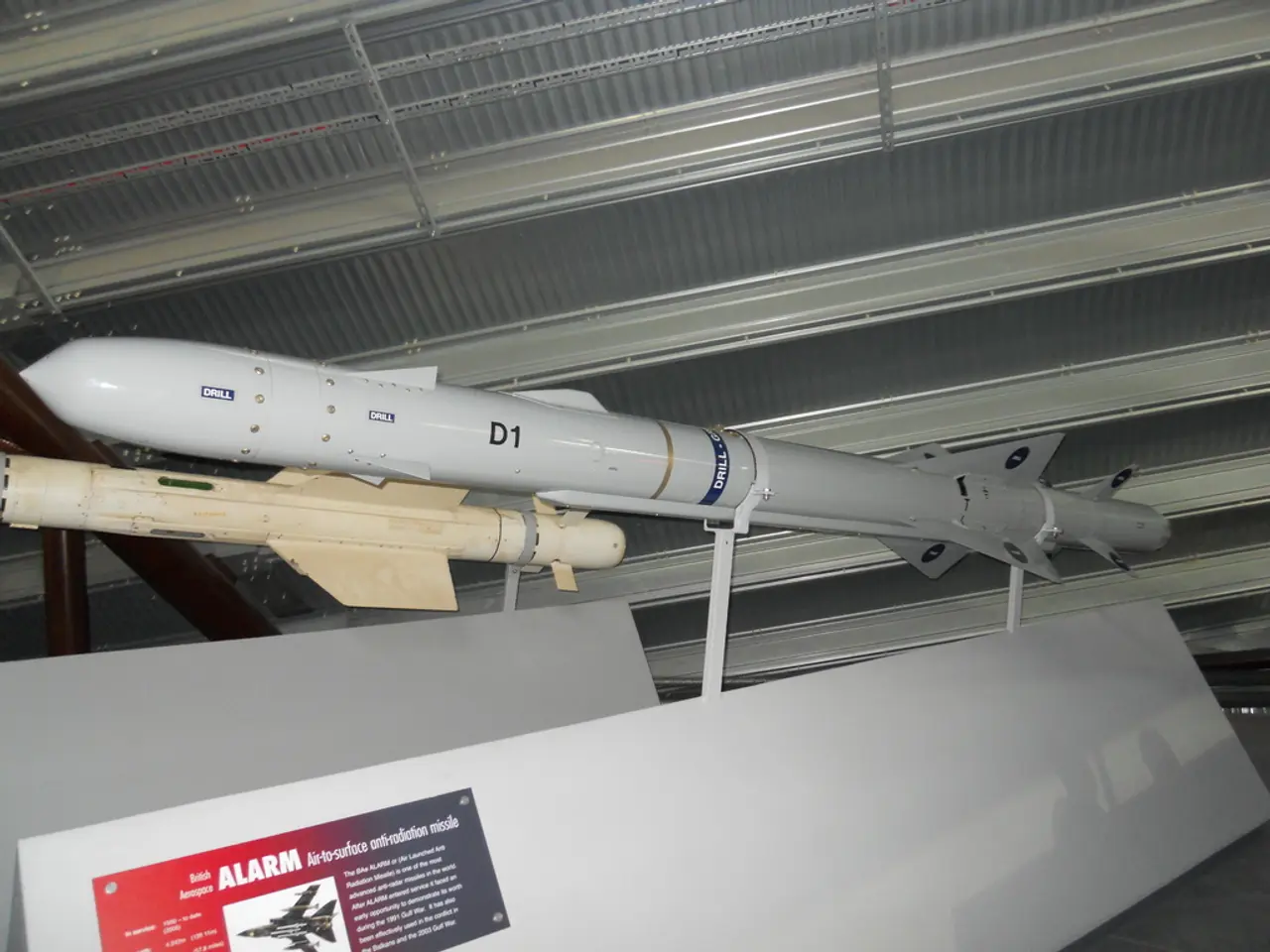Northrop Grumman resumes operations on the Sentinel project and bargains for an increased pace in B-21 aircraft production.
The Sentinel intercontinental ballistic missile (ICBM) program, which underwent a significant restructuring following a cost and schedule breach earlier this year, has resumed work after the Air Force and Northrop Grumman reached a new program baseline. The restructuring was driven by a Nunn-McCurdy breach due to a cost increase of 81%, primarily in silo construction.
The missile element of the Sentinel program is progressing on schedule, while the command and launch segment, which was affected by the pause, has been restarted and is making good progress. The focus now is on tightening requirements to enable faster progress and potential cost reductions.
Concurrently, Northrop Grumman has entered negotiations with the Air Force about accelerating production of the B-21 Raider bomber. The discussions aim to potentially speed up B-21 manufacturing following the restructuring of the Sentinel program, reflecting a strategic shift to optimize delivery timelines across nuclear and bomber modernization efforts.
The Air Force's focus is on incremental progress, balancing risk and pace amid changing national security needs. No formal acceleration of the B-21 program has been confirmed yet, but the reconciliation package recently passed by Congress includes $4.5 billion for the acceleration of the B-21 program.
Northrop Grumman has made investments in solid rocket motor production to satisfy growing contracts in both munitions and launch vehicles. However, the company does not intend to get into the low-cost, "attritable" cruise missile/munitions market.
In the second quarter, Northrop made significant progress in restructuring the Sentinel program. The company may be able to share more clarity on B-21 contracting in the coming months. Northrop is seeking a fair and equitable business arrangement that would incentivize investment in increased B-21 production, and the negotiations include contract flexibility to adjust based on inflation and other factors.
Depending on the final agreement for the production rate ramp on B-21, it could exceed 10% of Northrop's total revenue in the future. The Sentinel ICBM program restructuring is complete, and Northrop Grumman has fully resumed work on the program. The Sentinel program has been transformed over the last two quarters and is now considered stable. The missile element of the Sentinel program is also progressing on schedule.
[1] Northrop Grumman, Air Force Agree to New Sentinel Baseline Following Cost and Schedule Breach [2] Air Force Accelerates B-21 Bomber Production, Sentinel ICBM Program Resumes Work [3] Northrop Grumman Takes $477 Million Charge on B-21 Program [4] Northrop Grumman Seeks Fair and Equitable Business Arrangement for B-21 Production [5] Northrop Grumman Makes Progress in Sentinel Program Restructuring
[1] The Sentinel ICBM program, previously halted due to a cost and schedule breach, has been restarted following an agreement between Northrop Grumman and the Air Force on a new program baseline.
[2] In light of the restructuring of the Sentinel program, the Air Force is aiming to accelerate the production of the B-21 Raider bomber, potentially optimizing delivery timelines across nuclear and bomber modernization efforts.




